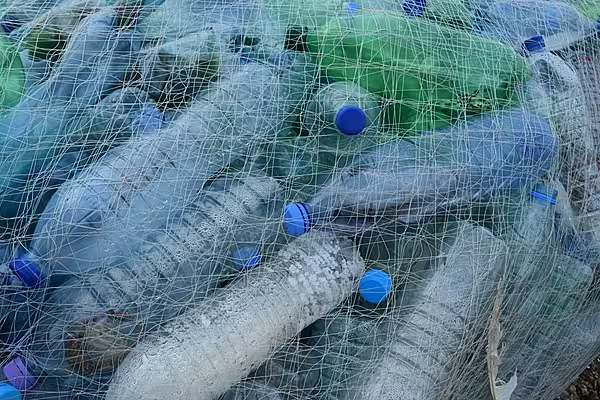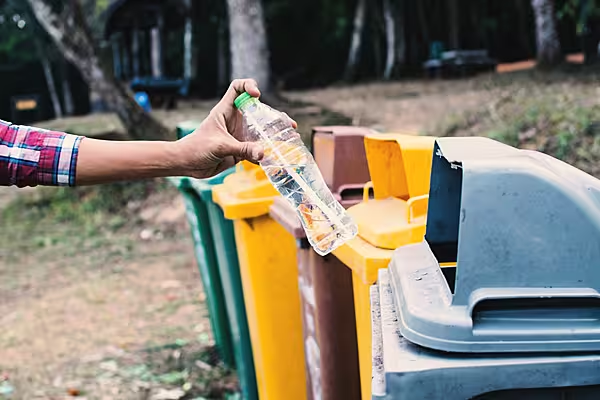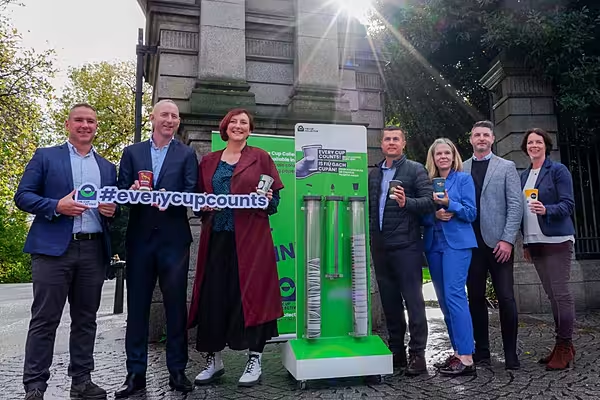The UK Government has announced plans to introduce a deposit return scheme for single-use drinks containers in England, in a move to crack down on plastic pollution.
The scheme will be introduced subject to consultation later this year and will apply to drinks containers made of plastic, glass or metal.
The Government added it hopes to talk to the devolved administrations about the scope of working together on this issue.
Last September, Scotland’s First Minister Nicola Sturgeon supported plans to introduce a deposit scheme in Scotland.
In Ireland, the Green Party tabled its Waste Reduction Bill last year, which aims to introduce a similar deposit and return scheme for beverage containers and ban single-use non-compostable cups and tableware from 2020 onwards.
Continental Precedent
Deposit schemes have already been introduced on the European continent, for example in Denmark Sweden and Germany.
Customers pay an up-front deposit with their drinks container, which they get back once they return the bottle.
The bottles are often returned through a network of ‘reverse vending machines’, where one can insert one’s plastic or glass bottle or can and the machine returns one’s money.
Once a bottle is returned, businesses are then responsible for making sure they are effectively recycled – a move that has led to a 97% recycling rate in Germany.
Marine Degradation
“We can be in no doubt that plastic is wreaking havoc on our marine environment – killing dolphins, choking turtles and degrading our most precious habitats,” said UK environment secretary Michael Gove. “It is absolutely vital we act now to tackle this threat and curb the millions of plastic bottles a day that go unrecycled.”
UK consumers go through an estimated 13 billion plastic drinks bottles a year, but more than three billion are incinerated, sent to landfill or left to pollute the streets, countryside and marine environment.
“We have already banned harmful microbeads and cut plastic bag use, and now we want to take action on plastic bottles to help clean up our oceans.”
Lawmakers across the EU have been jolted into action on plastic waste, ever since China, the world's biggest processor of recyclable material, announced it would no longer import foreign waste.
This has led to the European Union’s plastic waste strategy, which aims to recycle 55% of plastic packaging waste and ban landfilling separately collected waste by 2030.
© 2018 - Checkout Magazine by Kevin Duggan









